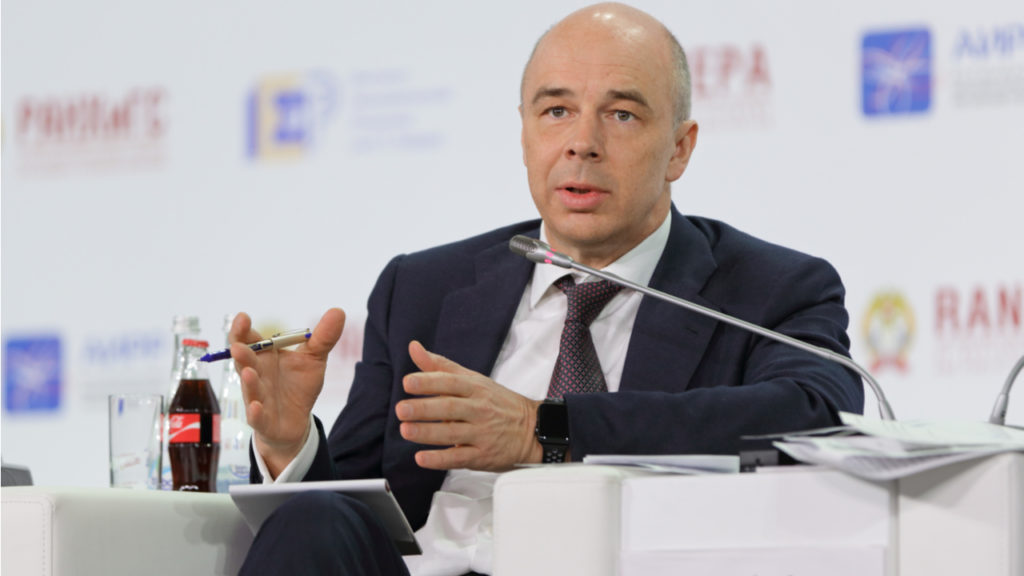Banning Crypto Is Like Banning Internet in Russia, Finance Minister Says Amid Differences With Central Bank

It’s impossible to ban cryptocurrencies in Russia, the country’s minister of finance has stated in his first comments on his department’s latest disagreements with the Russian monetary authority. The two institutions are reportedly failing to reach consensus on crypto regulation but the treasury intends to submit draft legislation despite their differences.
Disagreements on Future of Cryptocurrencies Persist Between Finance Ministry and Bank of Russia
A meeting between the Central Bank of Russia (CBR) Governor Elvira Nabiullina, Russian Finance Minister Anton Siluanov, and Deputy Prime Minister Dmitry Grigorenko — devoted to adopting a common approach to the regulation of cryptocurrencies — has failed to produce the desired results, domestic and foreign media unveiled this week.
According to a report by Bloomberg, quoting knowledgeable sources, the participants have not reached a consensus on Russia’s future policy regarding the crypto space, but merely formalized their disagreements, despite President Putin’s call. The only common ground so far has been the shared position to prohibit the use of bitcoin and the like as a means of payment.
In January, Bank of Russia proposed a blanket ban on operations such as issuance, exchange, and mining of cryptocurrencies, citing threats to financial stability and investors. However, the federal government has sided with the treasury department’s view that most crypto activities should be legalized and regulated, under strict rules, rather than banned completely, an announcement published on Feb. 8 indicated.
As cryptocurrencies are quite volatile, the ministry thinks it’s necessary to restrict access to these assets for non-qualified investors, suggesting a limit of 50,000 rubles (approx. $650). At the same time, Minfin wants to make them attractive for other investors, according to Siluanov, and considers “controllable” all risks highlighted by the CBR. Commenting on the discord, quoted by Forbes and Reuters, the finance minister stated:
The Central Bank wants to ban cryptocurrencies, arguing that this creates risks, primarily for citizens, can “infect” financial institutions, banks and create an opaque settlement market. It’s the same as banning the internet, which is impossible… We don’t use the methods that China uses.
Earlier this month, Russian media reported that Dmitry Grigorenko has instructed the finance ministry and the central bank to draft new crypto legislation together and present it by Feb. 18. In case the disagreements with the CBR persist, the ministry plans to submit to the government a package of bills along with a table listing the differences, Finmarket reported on Wednesday.
Any delay would hinder the development of the crypto sector and lead it into the shadows, Siluanov warned, speaking to reporters. He added that the Ministry of Finance is aware of the active development of this market and recognizes the need for its regulation in the Russian Federation. Quoted by Tass, his deputy Alexei Moiseev said that the draft law will be prepared by the said date.
Meanwhile, another report by the Russian edition of Forbes revealed that Bank of Russia has proposed a different set of amendments to the current Russian legislation in the field. The regulator wants to incorporate a ban on the circulation of cryptocurrencies into the law “On Digital Financial Assets” which went into force in January 2021, only partially regulating crypto-related matters.
Do you expect Russian government institutions to eventually reach an agreement on the future of cryptocurrencies? Share your thoughts on the subject in the comments section below.



